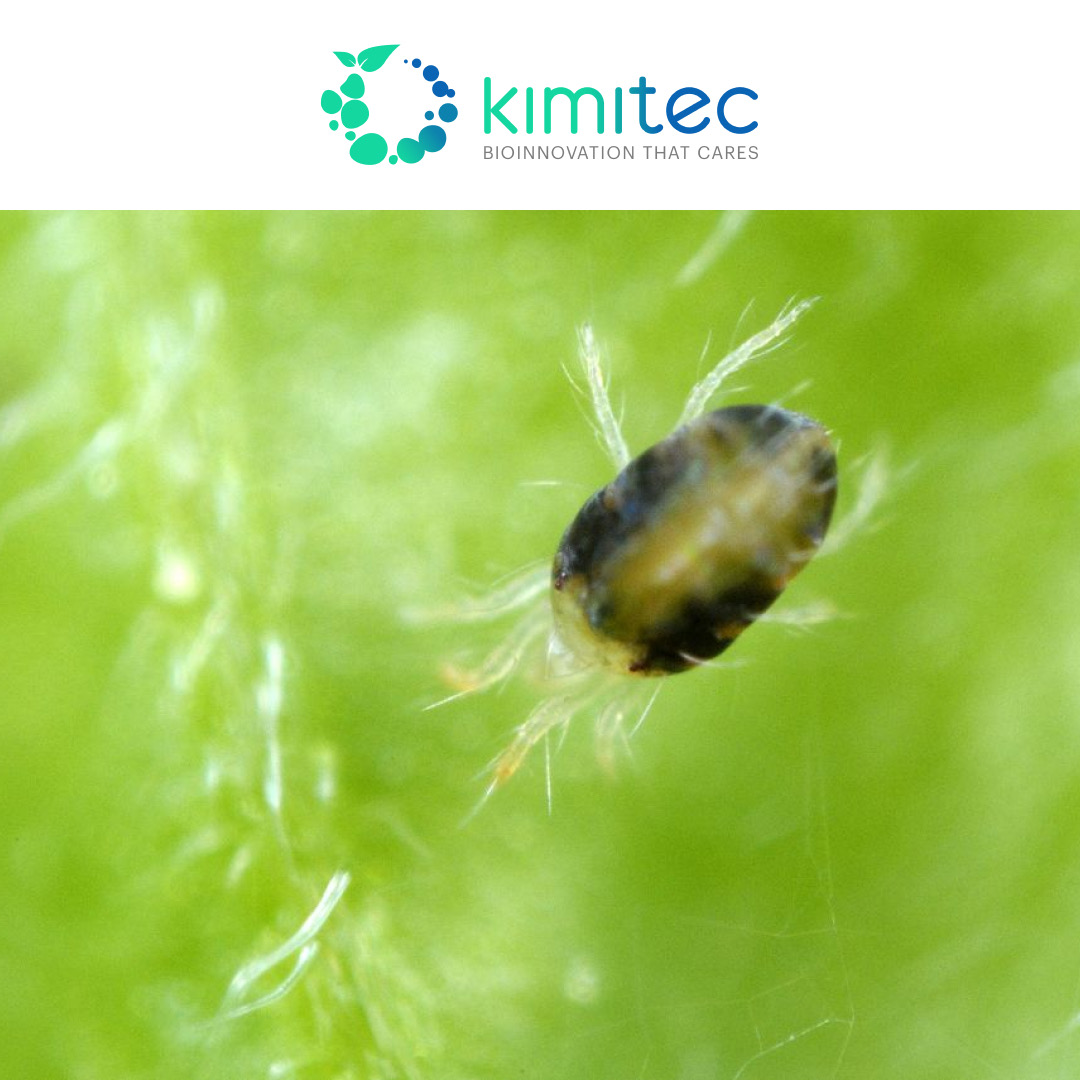 A CABI team have highlighted their work on enabling FAIR and responsible data practices at a workshop in Ethiopia. The workshop focused on raising awareness on the recently adopted data sharing initiatives Soil and Agronomy Data Sharing (SADS) directive and the National Soil Information System (NSIS).
A CABI team have highlighted their work on enabling FAIR and responsible data practices at a workshop in Ethiopia. The workshop focused on raising awareness on the recently adopted data sharing initiatives Soil and Agronomy Data Sharing (SADS) directive and the National Soil Information System (NSIS).
Dr Negussie Efa, CABI’s representative in Ethiopia, and Mike Rose, CABI Associate, attended the three-day event. The Ministry of Agriculture of Ethiopia (MoA) organised the workshop with support from CABI and the German Corporation for International Cooperation (GIZ).
Enabling FAIR data access
Most smallholder farmers have limited access to agricultural information or advisory services. Likewise, other key stakeholders in the agriculture sector lack access to quality and reliable data. Digital development and the application of data can help bring practical knowledge and solutions to farmers. This leads to donors increasingly investing in technology-focused grants and projects.
As the worldwide agriculture sector relies increasingly on technologies that are driven by data, delivering FAIR (Findable, Accessible, Interoperable and Reusable) and responsible data practices is an imperative. The impact of a FAIR-informed approach includes reducing waste, loss of data, and duplication of effort. In the long-term, this can potentially lead to improved decision-making, greater yields, food security and sustainability.
The training workshop follows extensive groundwork to address FAIR data access challenges in Ethiopia, through awareness raising to promote usage of the recently approved SADS Directive and NSIS. These challenges were experienced by previous data repositories that had been developed in Ethiopia. It was found that data was not reusable and lacked clear mechanisms for sharing.
CABI and the Open Data Institute (ODI) recognized this problem and engaged with the MoA, Coalition of the Willing (CoW) and GIZ to co-develop the SADS directive. This aimed to improve data collection, data quality, data standardization and interoperability, data management, sharing and use.
Read The Full Article Here – CABI





